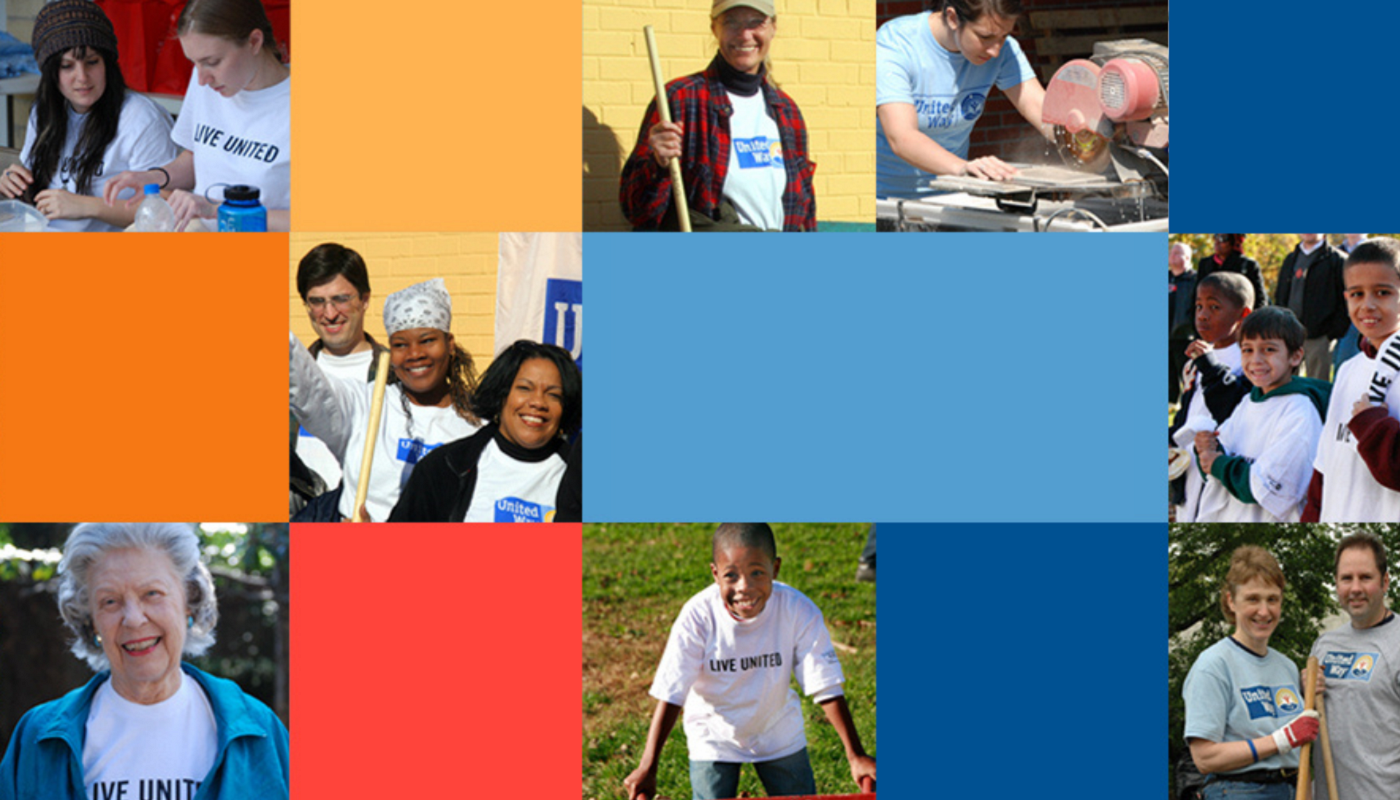
A Community Letter: Mental Wellness
Friends,
May was mental health awareness month – but I’m sending this letter in June because mental health needs to be a priority for all of us every day of every month. As our nation once again grieves a series of mass shootings, the topic of mental health has also risen to the forefront. As we engage in dialogue, we need to remember several things. First, the vast majority of people with diagnosed mental illnesses will never become violent. I applaud any conversation that prioritizes mental health and well-being, but we need to be careful not to associate violence with mental illness. Doing so risks stigmatizing, and possibly criminalizing, the millions of Americans who have a mental illness. Second, building an effective mental health system that focuses on prevention, early intervention, and community-based treatments will take significant resources and political will. The promise of such a system began in the 1950s with the advent of deinstitutionalization but that promise was never fulfilled. We simply have not prioritized creating and paying for the resources needed to meet the need for mental health treatment, much less for programs that promote well-being and resilience.
Finally, mental health and well-being are not just about what happens with the chemicals in our brains. Decades of research has demonstrated that our mental health is impacted by our environment and the social determinants of health, including poverty, housing, food security, and access to health care. Where children are concerned, these issues are even more salient. Children need safety and security to thrive. If they live in neighborhoods with crumbling infrastructure, dilapidated housing, and failing schools, they are more likely to have poor mental health and behavioral issues. Their poor mental health then becomes an additional barrier to school or career success, creating a vicious cycle that contributes to economic immobility.
This is why our United Way has decided to focus our resources on neighborhood-based solutions. The relationship between health, mental health, and the community context in which one lives is complicated. There is no magic solution – we need to simultaneously focus on multiple levers of change in partnership with those who are most impacted. We need to engage in empathetic philanthropy that acknowledges the decades of trauma many of our communities have faced. We also need to acknowledge the resilience of these communities and build from their strengths.
Most of us have been touched by mental illness but we don’t talk about it. We hide our personal shame, or that of our family members, as though we are still confined to those institutions of a darker time in mental health care. Let’s bring it into the light. Let’s make this conversation about more than a month of awareness. Let’s make it about real commitment to support all of our children, families, and neighborhoods. United Way will do its part. Will you?
********
 Laura Yates Clark was named the sixth leader in the 90-year history of United Way of Central Carolinas. She joined the United Way team in 2016 as executive vice president and chief impact officer and led the transformation of the organization’s community impact strategy to more directly address the economic mobility challenges across the Charlotte region.
Laura Yates Clark was named the sixth leader in the 90-year history of United Way of Central Carolinas. She joined the United Way team in 2016 as executive vice president and chief impact officer and led the transformation of the organization’s community impact strategy to more directly address the economic mobility challenges across the Charlotte region.




